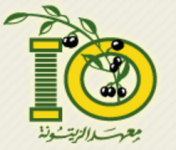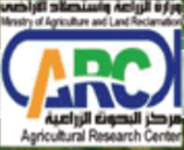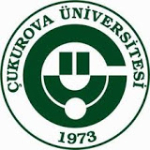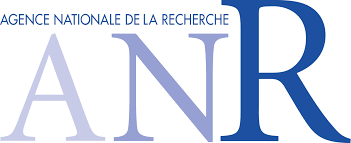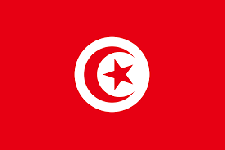FREECLIMB will act at multiple levels to provide a better understanding of how fruit crops adapt to ever-changing
environmental constraints and why certain varieties are tolerant to abiotic and biotic single or multiple stresses: i)
by identifying the genes, pathways and allelic variants controlling key plant functional traits and ii) integrating
multi-omics approaches for dissecting plant responses to different environments and management practices and
increasing knowledge about mechanisms of adaptation to abiotic and biotic stresses. FREECLIMB will produce
knowledge, tools and methods to support the development and profiling of new fruit crops varieties/hybrids that are
tolerant/resistant/resilient to biotic and abiotic stresses, productive in Mediterranean climate conditions (especially
water scarcity and increasing temperatures) and efficient in the use of limiting resources (water/soil fertility) taking
into account the needs of the users and the legislative constraints. The project will carry out extensive
characterization of Mediterranean germplasm collections, which in turn will result in valorisation of local
biodiversity as a source of variability for adaptive traits to the Mediterranean conditions that may sustain
agriculture in stressful environments exacerbated by climate warming. Multi-site collections developed by the
project together with open access FAIR-compliant (Findable, Accessible, Interoperable, Reusable) database and
repositories will remain as a legacy of FREECLIMB for future exploitation by breeders and growers. Ultimately,
FREECLIMB outcomes will empower breeders to produce new varieties that are “fit for purpose”, i.e. that provide
stable and high(er) yields while having an increased capacity for adaptation to varying biotic and abiotic conditions
(e.g. mitigating the impacts of climate change). The dissemination, exploitation and communication plan, as well as
the management of IPR issues, will strengthen and optimize the impact of FREECLIMB outputs towards the
largest target of stakeholders by i) ensuring stakeholders’ commitment and fostering interactions and feedback
between partners and other scientific community members and stakeholders; ii) disseminating project results
horizontally to the scientific community and vertically to the stakeholders; iii) training and capacity building for
young researchers and breeders and iv) enhancing open access tools to facilitate and deepen the dissemination of
the outputs. FREECLIMB will help to increase the competitiveness of the Mediterranean fruit farming sectors by:
(i) developing breeding methods and plant material adapted to environmental challenges; (ii) increasing
accessibility to valuable material adapted to Mediterranean conditions. From an environmental point of view,
FREECLIMB is envisaged to have positive effects on agriculture's impact on the environment and on biodiversity
mainly due to: (i) improved use efficiency of water resources and (ii) improvement of soils use efficiency.
FREECLIMB will build the foundations for long-term Mediterranean collaborations towards climate change
adaptation of fruit crops’ cultivation, taking into account farmers’ contributions to a public goods-oriented bio-
economy in the framework of agro-ecological methods, low (external) input farming systems, ecosystem services,
in multi-stakeholder collective practices and joint production of knowledge. This project will also address the
Paralleli Euromediterranean Institute’s mandate to contribute to the creation of a Euro-Mediterranean area of
freedom and of economic and social development (www.paralleli.org). Access to new breeding materials freely
available to growers of all partners where agriculture is still in a fragile status (according to international standards)
is expected to greatly foster a virtuous trend to modernize their farming systems. In conclusion, FREECLIMB
outcomes will provide science-based solutions and a North-South shore network to project Mediterranean fruit
crops cultivation towards 2030 UN Sustainable Development Goals, e.g. SDG 2.4, 2.5, 12.2




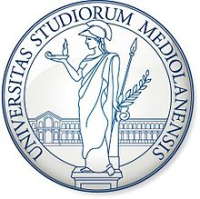


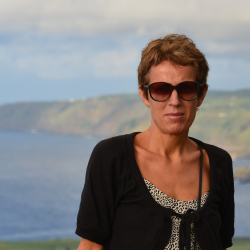
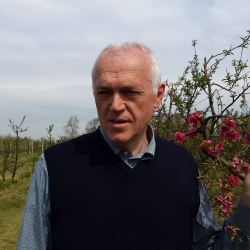
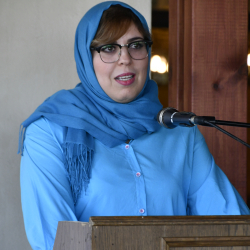

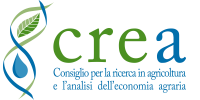


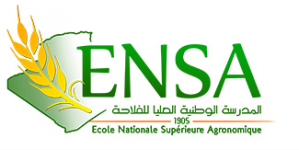

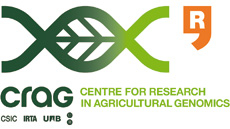
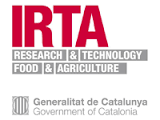

.jpg)
